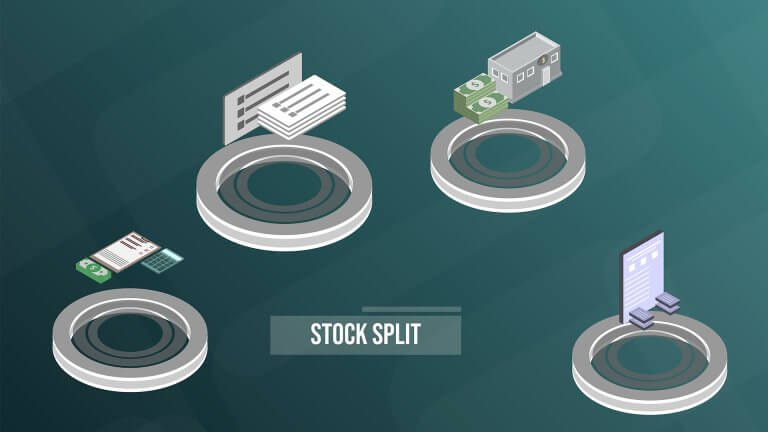
By Annie Charalambous, Head of Communications at ETX Capital
Britain is pinching its pennies. According to the FT, UK household savings have increased nearly 2 percent in the last quarter as 20 million Brits commit to saving more of their income after the pandemic settles. That being said, many Brits aren’t sure where to start when it comes to managing finances.
We’re taking a look at how the nation is researching its savings options, revealing the UK’s most-searched strategies and we’ll even explain how to take the first steps towards them.
1. Premium bonds (368,000 monthly searches)
Premium bonds are a unique, interest-free way to save. You buy the bonds (in this case, a minimum amount of £25, and a maximum of £50,000) from NS&I, and each month you enter a prize draw in which your odds are 34,500 to 1, and you can win between £25 and £1 million. You won’t earn interest on your bonds, but instead, it’s the interest that funds the prizes.
Anyone can buy premium bonds, and this can be done on the NS&I website. Your money is secure in premium bonds and you can cash out all – or part of – your bonds at any time.
2. Lifetime ISA (74,000 monthly searches)
Lifetime ISAs are specialised savings accounts designed for those aged 18 to 40 to save for retirement or a first home. They allow you to save up to £4,000 each tax year, and the government adds 25 percent to whatever you contribute.
Anyone within these age limits can open a Lifetime ISA with a bank or building society. They can be paid into until you turn 50, however, money can only be withdrawn once you turn 60, or to buy a first property once the account has been active for 12 months. If you withdraw money before these key dates, you’ll lose your government contribution.
3. Savings accounts (74,000 monthly searches)
A savings account is a traditional bank or building society account, which lets you deposit money and earn interest each month. Savings accounts often have a low, if any, minimum starting amount, anyone over the age of 18 can open one, and your money can typically be withdrawn at any time. For these reasons, savings accounts are a common, low-risk approach to saving money.
4. State pension (74,000 monthly searches)
The UK state pension is a weekly financial sum for retirees. Anyone with 10 years of National Insurance contributions or more is eligible for some level of the state pension – with 35 years qualifying you for the full amount.
State pensions can currently be claimed once you turn 66, however, this is set to increase to 67 in 2028. The basic state pension is £137.60 per week but you may be able to claim more, depending on your earnings over your career.
5. Bonds (49,500 monthly searches)
A bond represents a loan, typically given by an investor to any government or company, which agrees to buy it back at an agreed date, with interest.
Anyone can buy bonds. Savings bonds can be accessed from banks and building societies, while Government bonds can be bought through their dedicated Debt Management Office website.
6. Fixed-rate savings account* (14,800 monthly searches)
Fixed-rate savings accounts offer a guaranteed rate of returned interest, on the agreement that deposited funds aren’t withdrawn for a set time. They typically offer higher rates of interest than traditional savings accounts and are also resistant to market fluctuation.
Anyone can open a fixed-rate savings account with a bank or building society, however some institutions may require a minimum deposit amount or set term length, so this may not be the ideal route for everyone.
7. Private pension (14,800 monthly searches
Unlike the state pension, which workers automatically contribute to through their National Insurance, private pensions require active entry and payments. Private pensions can include both workplace pensions, arranged by employers (who typically also contribute) or personal pensions.
Anyone of working age can set up a pension. Some, like ‘final salary’ and ‘career average’ pensions will pay out a pre-agreed sum upon retirement, while other pension types may invest your money, meaning you’re able to earn higher interest (at higher risk).
8. Child savings account (14,800 monthly searches)
Child savings accounts are similar to regular ISAs but are designed for parents to save for their children (18 and under). These give children the opportunity to learn how to manage and save money, and they can even withdraw money before they’re old enough to open a regular savings account.
Some alternatives to children’s savings accounts include Junior ISAs and Children’s Bonds. These may offer greater returns and tax breaks but often put limits on when and how funds can be accessed.
9. Student bank account (12,100 monthly searches)
Some banks and building societies offer specialised savings accounts for those in higher education. These typically act in the same way as a regular ISA but offer sign-up incentives for students, like discount public travel cards and 0 percent overdrafts.
As the name suggests, only active students can open student bank accounts and providers will require savers to prove their identity with a valid student card.
























